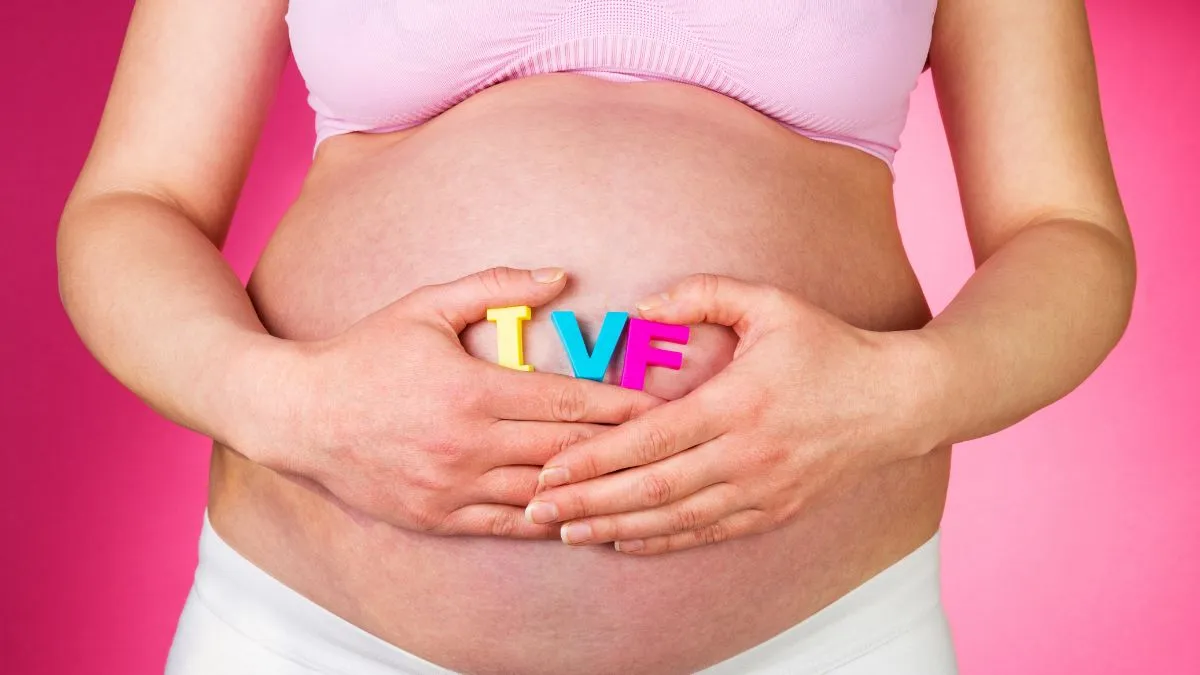- By Bornika Das
- Fri, 25 Jul 2025 08:32 AM (IST)
- Source:JND
World IVF Day 2025: World IVF Day 2025 falls on July 25 and serves as a powerful reminder of the scientific progress that has transformed millions of lives across the globe. In-vitro fertilisation (IVF), once seen as a last resort, is now a widely accepted and effective method for helping couples overcome fertility challenges. However, despite its growing success and accessibility, IVF still remains clouded by misinformation, fear and outdated beliefs. These myths not only create emotional stress for aspiring parents but also delay timely medical intervention that could improve their chances of conception.
This World IVF Day, it’s time to cut through the confusion and bring clarity to the conversation around fertility. Many couples hesitate to seek help because they’ve heard that IVF babies aren’t normal, or they believe fertility is not affected by age. Others assume IVF is only for older women or that seeking a fertility consultation automatically means committing to the procedure. In conversation with The Daily Jagran, Dr. Sukriti Sharma, Fertility Specialist, Birla Fertility & IVF, Jalandhar, debunks fertility and IVF myths that every couple must be aware of.
Fertility And IVF Myths Debunked
Myth 1: IVF Babies Are Not Normal
Fact: This is a fairly common myth around IVF, but it is an entirely false belief. Babies conceived through IVF are just as healthy and genetically normal as naturally conceived ones. Dr. Sukriti Sharma states, “They develop, grow, and live no different lives than naturally conceived babies.” IVF is only a process of conception and does not alter the baby’s genetics in any way whatsoever.
ALSO READ: Yoga And Meditation For IVF: Doctor Shares Holistic Ways To Boost Fertility Naturally
Myth 2: IVF Is Only For Older Women
Fact: While IVF may be beneficial for women in their late 30s or 40s, it is not an age-specific procedure. Infertility is a medical condition, and young couples can also experience fertility challenges. If medical issues are identified, IVF may be recommended even in the 20s or early 30s.
Myth 3: Fertility Is Not Impacted By Age
Fact: This is one of the biggest myths about IVF and fertility preservation. People think that they can remain fertile even later in life, but that is not the case. In fact, fertility declines with age, especially for women. Dr. Sukriti Sharma says, “A woman is born with around 2 million eggs, yet by 35 only a small fraction of that reserve remains. Research also shows that after 35, sperm quality begins to decline gradually as well.”
-1753366108383.jpg)
IVF Myths And Misconceptions Debunked (Image Credits: Canva)
Myth 4: Taking A Fertility Consultation Means Opting For IVF
Fact: Getting a fertility consultation does not mean that you must opt for an IVF procedure. You can visit a fertility clinic for anything from fertility assessment to fertility preservation and even IVF, if there is a need for it. A fertility specialist would assess your reproductive health and suggest accordingly, without necessarily pushing for IVF. There are cases where IVF is considered, and you will be suggested the same only if needed.
ALSO READ: IVF Treatment In India: Doctor Shares Guide To Manage Emotions During The Journey
Myth 5: IVF Guarantees Pregnancy
Fact: This is one of the most misunderstood concepts. IVF certainly increases the chances of conception, but it never guarantees success. Factors such as egg and sperm quality, uterine health, and overall medical history play a major role in IVF success. Even under optimal conditions, the success rates can vary; hence, it cannot guarantee pregnancy.
Understanding the truth about IVF and fertility preservation can help couples make informed and confident decisions. Fertility care is essentially a combination of science, timing, compassion, and clarity.

